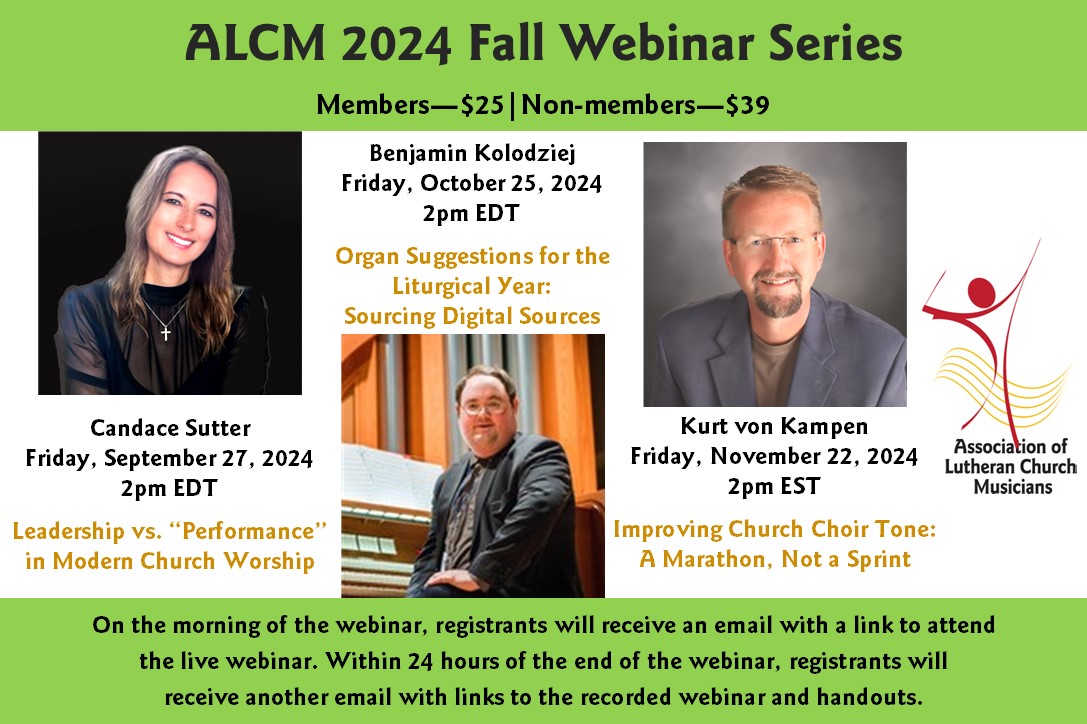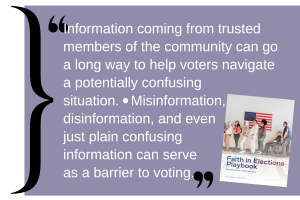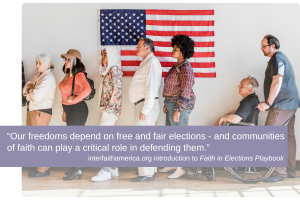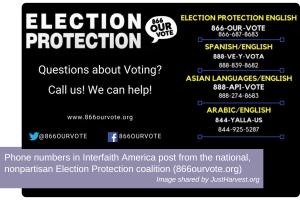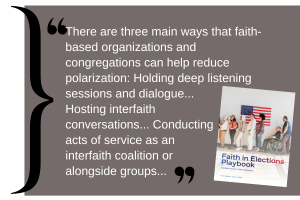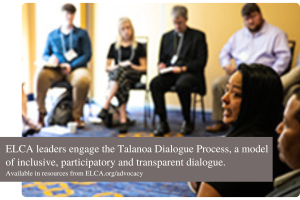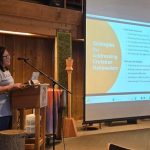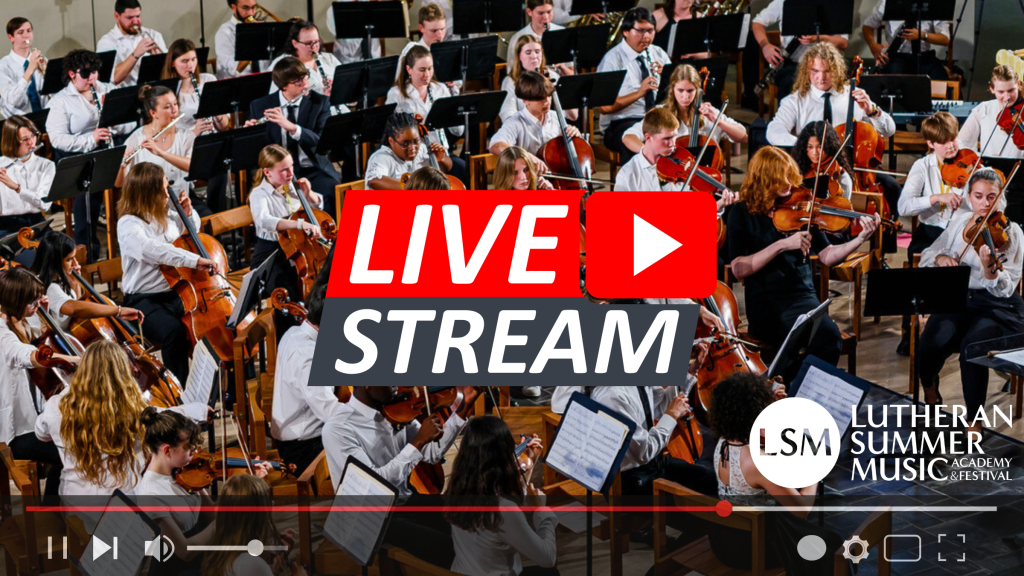Each month ELCA Worship highlights resources and events from other organizations and institutions. These Lutheran and ecumenical partner organizations work alongside the ELCA to support worship leaders, worship planners, musicians, and all who care about the worship of the church.
Association of Lutheran Church Musicians
ALCM nurtures and equips musicians to serve and lead the church’s song.
“For all that is to be” Summer conference
Aug. 4-8, 2025
Raleigh-Durham, N.C.
Join us in Raleigh! Mark your 2025 calendars now for August 4-8 and plan to register in the “Early, Early” category, which will offer substantial savings. Registration opens in September.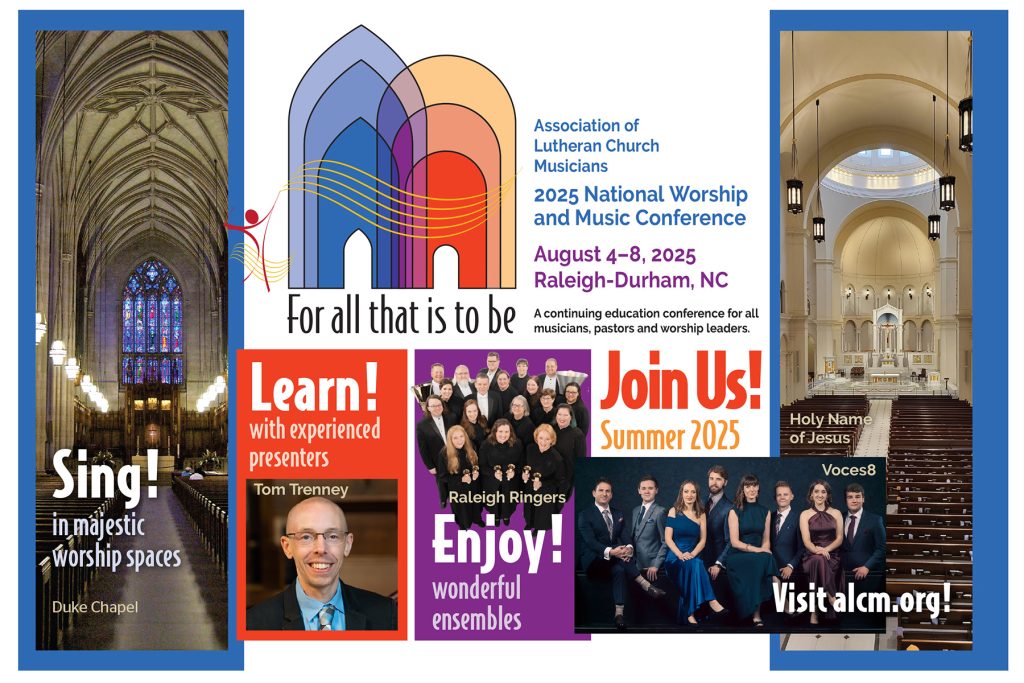
Lutheran Summer Music Academy & Festival
Transforming and connecting lives through faith and music since 1981.
New FREE Arrangement from Lutheran Summer Music by Anne Krentz Organ
Download a new FREE arrangement from Lutheran Summer Music 2024 by Anne Krentz Organ: The Ash Grove for a solo instrument with keyboard accompaniment. The Ash Grove is a theme and variations based on the beloved Welsh folk tune and is this year’s installment in the LSM Hymn Tune Project. Free sheet music download: LSMacademy.org/resources.
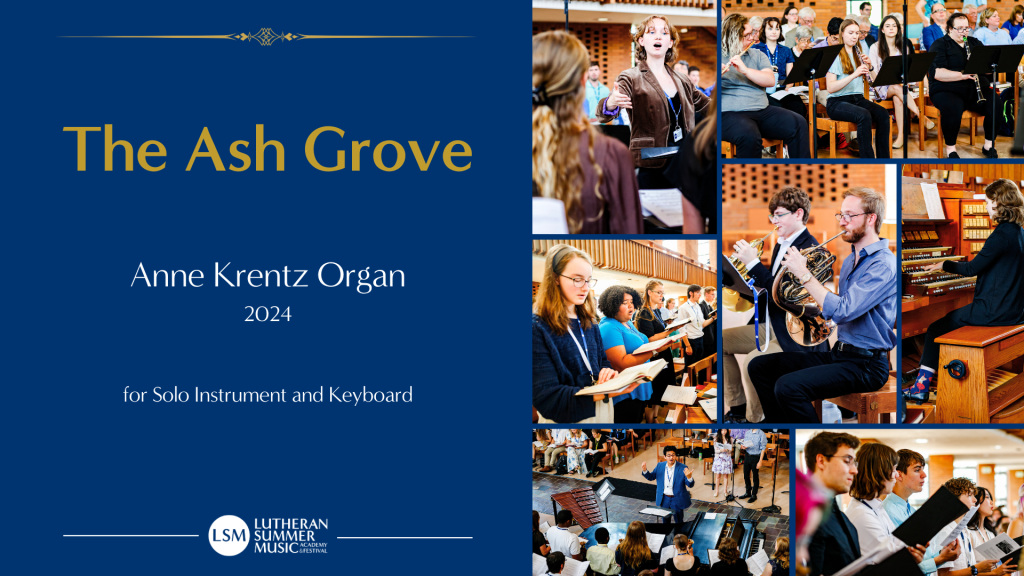
Institute of Liturgical Studies
An ecumenical conference on liturgical renewal for the church today.
Rites of Passage: Engaging Occasional Practitioners in a Secular Age
Valparaiso, Ind.
April 28–30, 2025
The American religious landscape is characterized by declining participation in religious institutions, increasing uncertainty about matters of faith, and a growing population identifying as non-religious. Nevertheless, many people continue to turn to churches at some of the most significant moments in their lives—such as the birth of a child or the loss of a loved one—and many others show up to support them. At last year’s Institute, Rev. Dr. Sarah Kathleen Johnson introduced the idea of occasional religious practice to describe a way of relating to religion that is characterized by participation in religious practices occasionally rather than routinely, most often in connection with certain types of occasions, including holidays, life transitions, and times of crisis. She encouraged us not to rush to judge occasional practitioners’ lack of involvement or to come to hasty conclusions about why they are seeking out these practices but instead to listen to and learn from them.
Most of our planning resources are directed at the Sunday assembly. Yet, baptisms, weddings, and funerals are liturgical events rich in their potential for service and outreach. How might we more fully consider the possibilities of these occasions to be better prepared to serve a decreasingly churched culture?
Sign up for our monthly newsletter to stay up to date on the 2025 conference.
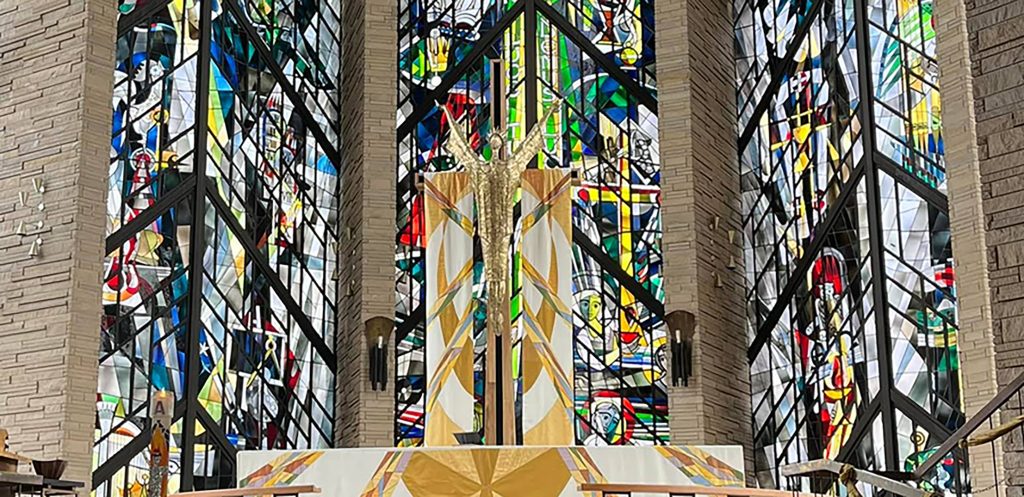

Music that Makes Community (MMC) practices communal song-sharing that inspires deep spiritual connection, brave shared leadership, and sparks the possibility of transformation in our world.
Music that Makes Community invites you to consider the following events and resources for continuing education, community building, professional development, and celebrating this practice of paperless communal song-sharing:
MMC is offering a few workshops in the South, Northeast, and Upper Midwest this fall. Join us in:
+ Waco, Texas: Saturday, Sept. 28 for a One-Day Community Singing Workshop at Holy Spirit Episcopal Church. As part of the 3-day residency, join us for a Friday evening Community Sing and/or worship on Sunday morning. Click here for more details.
+ New London, N.H.: Saturday, Oct. 5 for a One-Day Community Singing Workshop at St. Andrew’s Episcopal Church. Click here for more details.
+ Chippewa Falls, Wis.: Oct. 11-12 for a Friday night Community SING and Saturday morning, 1/2 Day Community Singing Workshop at Our Savior’s Lutheran Church. Sponsored by the Lay School of Ministry, Northwest Synod of Wisconsin, ELCA and several local churches. Click here for more details.
The Sacred Lands Playlist Project is in the process of reviewing submissions. Thank you to all who submitted! Mark your calendars for 6-7:30 p.m. Central on Wednesday, Oct. 2, for a hybrid gathering in Minneapolis to learn songs on the playlist, meet their creators, hear the stories of how they came to be, so you can faithfully carry these important songs into your communities. This event will be recorded so you view it afterwards. Stay tuned to register for location details and a Zoom link.
Communities around the nation are gathering together to sing and build bridges of connection. Join one of these if they’re near you or start your own (we can help you with that; just reach out!):
Albuquerque, New Mexico – 1st Tuesdays
Brownsburg, Indiana – 1st Tuesdays
Chicago, Illinois – 3rd Wednesdays
Ellensburg, Washington – 2nd Thursdays
Minneapolis-St. Paul, Minnesota – varies
Resources from the Center for Church Music
The Center for Church Music is a place where one can tap into an expansive library of resources and perspectives on the music and art of the church, with a focus on a Lutheran context.
“Profiles in American Lutheran Church Music” presents video interviews with prominent ELCA church musicians Scott Weidler (interviewed by Rev. Gerald Spice, 2016) and Paul Bouman (interviewed by Michael Costello, 2013) as well as many other Lutheran Church musicians.
Augsburg Fortress Events and Resources
Augsburg Fortress is an imprint of 1517 Media, the publishing ministry of the Evangelical Lutheran Church in America
 Augsburg Fortress hosted five Music Clinics this summer, welcoming hundreds of church musicians and other ministry leaders to workshops; reading sessions for handbells, keyboard music, and choral pieces; and an evening festival choir. Music clinician David Cherwien’s workshop was especially poignant, as he led attendees through the hymn texts written by his late wife, Susan Palo Cherwien. Explore and experience her creative works in four hymn collections, including the recently-released Living in Wonder: Hymns of Susan Palo Cherwien, Volume 4.
Augsburg Fortress hosted five Music Clinics this summer, welcoming hundreds of church musicians and other ministry leaders to workshops; reading sessions for handbells, keyboard music, and choral pieces; and an evening festival choir. Music clinician David Cherwien’s workshop was especially poignant, as he led attendees through the hymn texts written by his late wife, Susan Palo Cherwien. Explore and experience her creative works in four hymn collections, including the recently-released Living in Wonder: Hymns of Susan Palo Cherwien, Volume 4.
 The new program year is getting started, and that means one thing—new church year calendars aren’t far behind! We are thrilled to offer the breathtaking work of Ukrainian artist Ivanka Demchuk in the Calendar of Word and Season, Year C 2025. This spiral-bound wall calendar for planning helps you keep time in the office, sacristy, and home.
The new program year is getting started, and that means one thing—new church year calendars aren’t far behind! We are thrilled to offer the breathtaking work of Ukrainian artist Ivanka Demchuk in the Calendar of Word and Season, Year C 2025. This spiral-bound wall calendar for planning helps you keep time in the office, sacristy, and home.
 Our Advent Devotional is hot of the presses. When they’re gone, they’re gone, so order now! Good News, Great Joy: Devotions for Advent and Christmas 2024-25 is available in pocket size, large print, and ebook editions. Tip: if you have a handbell choir, this year’s devotion is an especially fitting gift!
Our Advent Devotional is hot of the presses. When they’re gone, they’re gone, so order now! Good News, Great Joy: Devotions for Advent and Christmas 2024-25 is available in pocket size, large print, and ebook editions. Tip: if you have a handbell choir, this year’s devotion is an especially fitting gift!
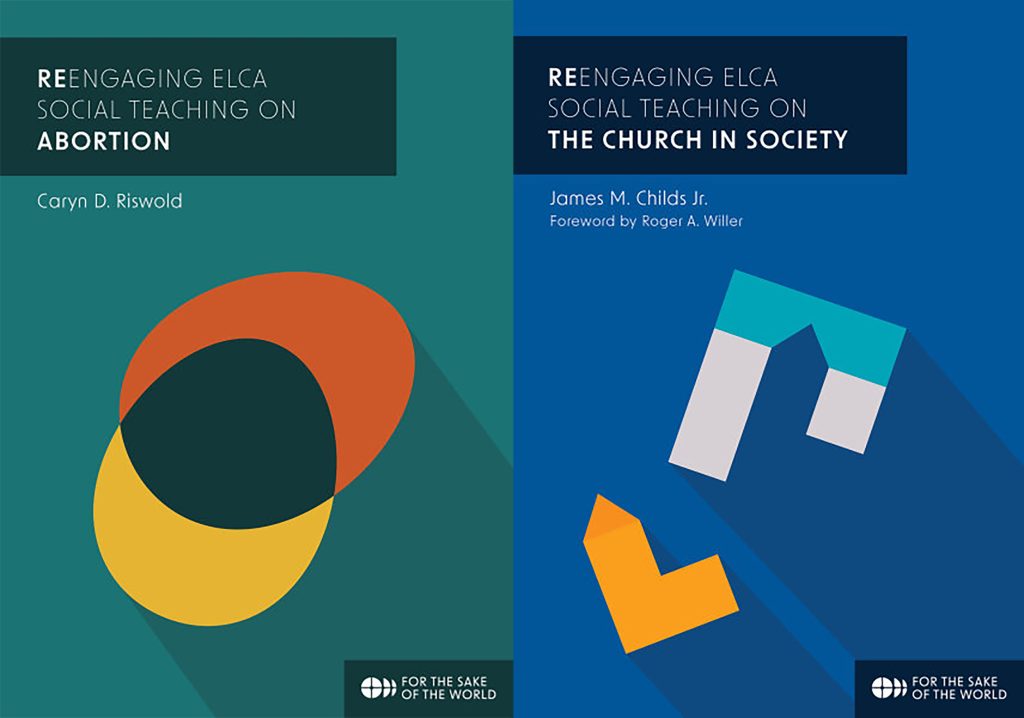 The ELCA has released social teachings for decades. Our NEW book series reengages these teachings to help individuals and groups who wish to revisit these statements in today’s context. The first two titles in the Re-Engaging ELCA Social Teaching series are ReEngaging ELCA Social Teaching on The Church in Society by James M. Childs Jr. and ReEngaging ELCA Social Teaching on Abortion by Caryn D. Riswold.
The ELCA has released social teachings for decades. Our NEW book series reengages these teachings to help individuals and groups who wish to revisit these statements in today’s context. The first two titles in the Re-Engaging ELCA Social Teaching series are ReEngaging ELCA Social Teaching on The Church in Society by James M. Childs Jr. and ReEngaging ELCA Social Teaching on Abortion by Caryn D. Riswold.

